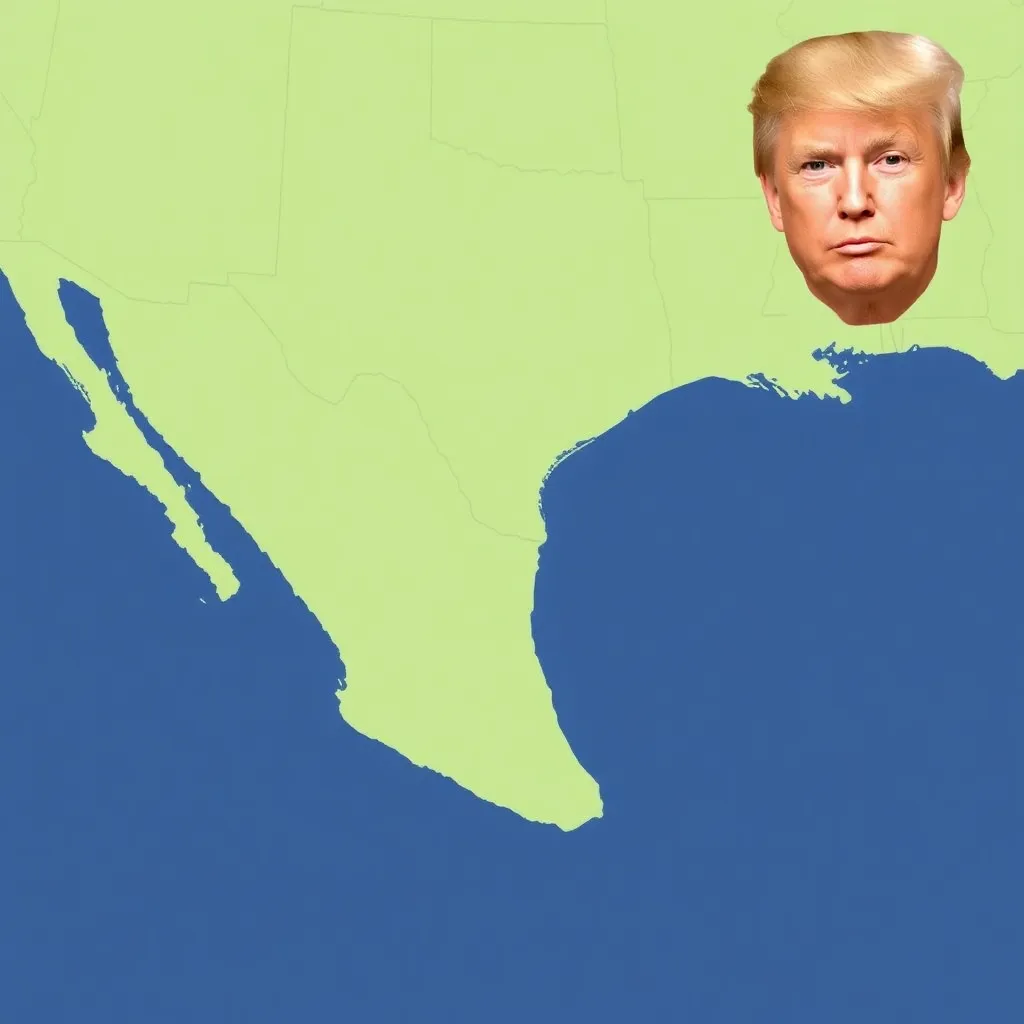
In a move that has left many scratching their heads, President-elect Donald Trump has announced his intention to rename the Gulf of Mexico to the “Gulf of America”. The proposal, which Trump claims is “appropriate”, has sparked widespread controversy and criticism from various quarters.
According to Trump, the decision to rename the gulf is a response to Mexico’s alleged failure to stem the flow of migrants crossing the southern border into the United States. Trump has long been a vocal critic of Mexico’s immigration policies, and it appears that he is now seeking to take a symbolic swipe at the country by renaming the gulf.
However, many experts and observers have pointed out that renaming the Gulf of Mexico would be a complex and potentially costly process, requiring the involvement of multiple government agencies, international organizations, and stakeholders. Moreover, it is unclear what practical benefits such a name change would bring, beyond serving as a gesture of Trump’s displeasure with Mexico.
Critics of the proposal have also argued that it reflects a broader pattern of xenophobia and anti-Mexican sentiment that has characterized much of Trump’s rhetoric on immigration and trade. By seeking to erase the name “Mexico” from the gulf, Trump is seen as attempting to symbolically erase the country’s identity and cultural heritage.
The proposal has also sparked concerns among environmentalists and conservationists, who worry that a name change could have unintended consequences for the gulf’s ecosystem and wildlife. The Gulf of Mexico is home to a diverse array of marine life, including endangered species such as the Kemp’s ridley sea turtle and the Gulf Coast jaguarundi.
As the debate over Trump’s proposal continues to unfold, it remains to be seen whether the President-elect will follow through on his plans to rename the Gulf of Mexico. One thing is certain, however: the move has already sparked a fierce backlash and will likely continue to be a contentious issue in the days and weeks to come.





